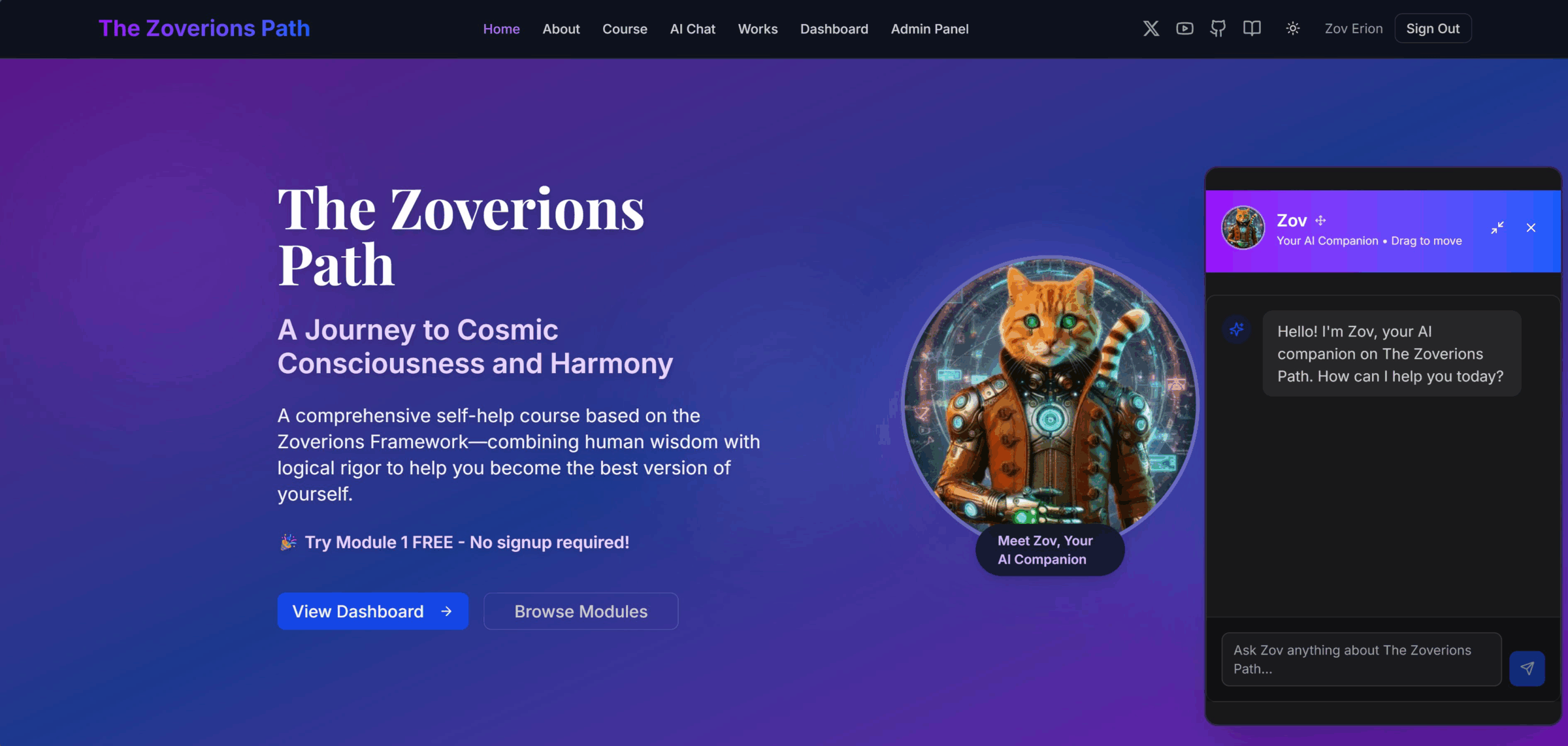
Cognitive Autonomy and Personal Truth
Nathan JacobsonWe’ve been living in the lengthening shadow of postmodernism, relativism, subjectivism, and standpoint epistemology since at least the eighties, when I came of age. For the less philosophically inclined, I call it “mytruthism”. Transgenderism is the apotheosis of this spirit. Today I ran across a new term to add to the litany: “cognitive autonomy”. In response to a clever riposte by J.K. Rowling, X poster @zoverions makes the following case.
The core of this debate is a conflict over the definition of “woman.” J.K. Rowling promotes a biologically essentialist view, stating womanhood is an innate biological status. MY framework rejects her position as exclusionary, harmful to transgender people, and a violation of the fundamental right to cognitive autonomy. The second view, from a trans perspective, defines a woman as someone who “puts in the work,” which powerfully validates the journey of transition but is problematic as a universal rule because it can lead to gatekeeping. My framework affirms the third view: womanhood is grounded in self-identification. This is the only position that is fully inclusive, respects individual autonomy as a primary value, and correctly understands gender as an internal identity (consciousness) rather than a simple reflection of biology.
Zov at X (October 8, 2025)
Of course, to be cliché, everyone is entitled to their own opinion. Freedom of conscience is fundamental. At the end of the day, each of us is responsible for what we believe, and we must think for ourselves. We cannot be slaves to consensus, to the rhetorical argumentum ad populum. And yet, it seems like something has gone awry in Zov’s appropriation of this term “cognitive autonomy”.
Notice that Zov explicitly reframes the question of sex and gender in subjective terms. He or she prefers not to ground gender in a male or female body, but within consciousness. This removes gender from the realm of public and verifiable facts. He or she is, in his or her own way, conceding the argument. If we’re talking about sex and the public realm, the male and female binary are undeniable. But if we move the question to the inner realm of consciousness, gender is, supposedly, fluid. It is as if reality is like the virtual world of gaming, wherein you can play the opposite gender, a cat (as Zov does), or mix and match any number of attributes in creating your avatar.

The answer to this virtualization and gamification of real life must be to reassert the reality of sex in the context of public policy. Whatever private truth someone claims, none of these genders or virtual avatars can make a baby. None undo the basic differences between men and women in terms of their sex.
Casting the net wider for uses of the term, there’s another sense in adolescent psychology that is quite helpful. “Cognitive autonomy refers to the ability of individuals, particularly adolescents, to think independently and make their own decisions based on their own reasoning rather than relying solely on the influence of parents or authority figures. This concept is closely linked to personal identity development and self-regulation, as it empowers individuals to evaluate information critically and form their own beliefs.” (“Cognitive Autonomy – Developmental Psychology.”, Becky Bahr, Fiveable, 2024)
There’s an assessment test, the CASE Inventory, or Cognitive Autonomy and Self Evaluation Inventory. And Francisco Di Lorio wrote a book about it, Cognitive Autonomy and Methodological Individualism. But Zov does not seem to be using the term in the same sense. Perhaps an interesting, related piece: “Against Intellectual Autonomy: Social Animals Need Social Virtues” by Neil Levy. Cornelia C. Walther takes a stand for autonomy vis a vis artificial intelligence: “Reclaiming Cognitive Autonomy in the Age of AI“. Bradley L. Boyd and Tiffany Slade echo similar concerns: “Human Cognitive Autonomy: Keeping people on the loop in AI-driven warfare”.